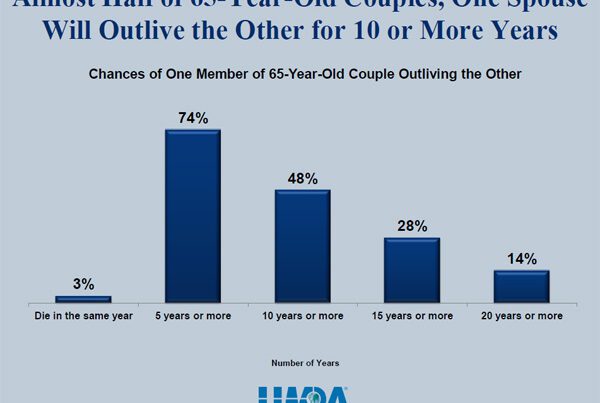Shopping for health insurance is not like shopping for any other consumer product, and it is easy to get lost in all the terminology and specialized jargon. There are so many things to consider when shopping for health insurance, from the potential for out-of-pocket costs to the price of the monthly premiums. Whether you get your health insurance from your employer or get it on your own, it is important to do your homework and understand your options.
It is no secret that the price of health insurance premiums has been on the rise, and that annual increases have far outpaced the rate of inflation. With traditional health insurance becoming all but unaffordable for many shoppers, there has been a move toward so-called consumer-driven health care options. The health savings account plays a central role in that consumer-driven health care initiative.
[hr]What is a Health Savings Account?
As the name implies, a health savings account is designed to help people defer the cost of medical care. Individuals can put money aside in a health savings account, then use that money to pay for medical expenses like prescription drugs, doctor visits and copayments.
One of the advantages of a health savings account is that the money set aside can be tax deductible. That tax deductibility reduces the real cost of funding the account, and makes it easier to set money aside for future medical expenses.
Health savings accounts are similar to the flexible spending accounts offered by many employers, but they have some important differences as well. One of the most significant differences is that the money in a health savings account does not have to be spent by the end of the calendar year. Any money left over in the account at the end of the year imply rolls over to the next, allowing individuals to build up a great deal of money over the years.
[hr]Who Qualifies for a Health Savings Account?
Not everyone is eligible for a health savings account, and it is important for anyone considering such an account to examine the qualifications before signing up. In order to contribute to a health savings account, you must first have a high deductible health plan, also known as an HDHP, in place first.
Many employers now offer those HDHP plans as a way to save their workers money on health insurance premiums, so you may be able to get a health savings account even if you get your insurance at work. High deductible health plans tend to be less costly than traditional fee for service plans, providing a significant up front savings. By coupling that HDHP with a health savings account, individuals can protect themselves by prefunding that higher deductible, essentially self-insuring themselves against unpredictable medical expenses.
A health savings account is not the right choice for everyone, but it can be a good solution to the problem of high health insurance premiums. If you have never before considered an HSA, it may be worth your while to check out this innovative health plan.


